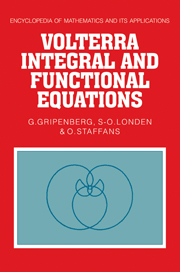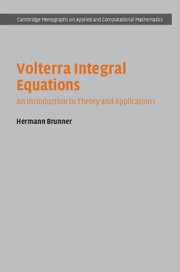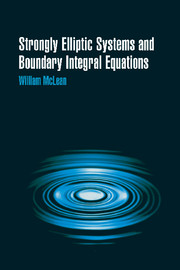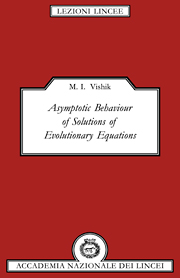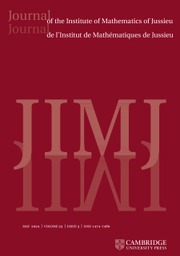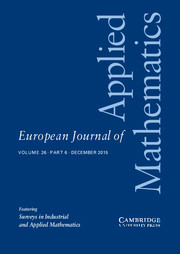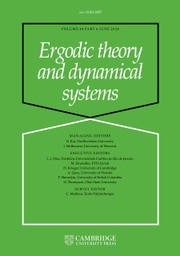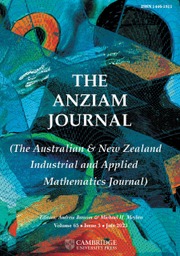Volterra Integral and Functional Equations
The rapid development of the theories of Volterra integral and functional equations has been strongly promoted by their applications in physics, engineering and biology. This text shows that the theory of Volterra equations exhibits a rich variety of features not present in the theory of ordinary differential equations.
The book is divided into three parts. The first considers linear theory and the second deals with quasilinear equations and existence problems for nonlinear equations, giving some general asymptotic results. Part III is devoted to frequency domain methods in the study of nonlinear equations. The entire text analyzes n-dimensional rather than scalar equations, giving greater generality and wider applicability and facilitating generalizations to infinite-dimensional spaces.
Reviews & endorsements
"...an excellent encyclopedia of results on the theory of Volterra integral equations." Mathematical Reviews
"Efforts have been made to cover aspects of analysis needed but not easily found elsewhere...and care is given to including an extensive table of symbols and their meaning; it is nicely produced." The Mathematical Association of America
Product details
March 2009Paperback
9780521103060
724 pages
234 × 156 × 37 mm
1kg
Available
Table of Contents
- Preface
- List of symbols
- 1. Introduction and overview
- Part I. Linear Theory:
- 2. Linear convolution integral equations
- 3. Linear integrodifferential convolution equations
- 4. Equations in weighted spaces
- 5. Completely monotone kernels
- 6. Nonintegrable kernels with integrable resolvents
- 7. Unbounded and unstable solutions
- 8. Volterra equations as semigroups
- 9. Linear nonconvolution equations
- 10. Linear nonconvolution equations with measure kernels
- Part II. General Nonlinear Theory:
- 11. Perturbed linear equations
- 12. Existence of solutions of nonlinear equations
- 13. Continuous dependence, differentiability and uniqueness
- 14. Lyapunov techniques
- 15. General asymptotics
- Part III. Frequency Domain and Monotonicity Techniques:
- 16. Convolution kernels of positive type
- 17. Frequency domain methods: basic results
- 18. Frequency domain methods: additional results
- 19. Combined Lyapunov and frequency domain methods
- 20. Monotonicity methods
- Bibliography
- Index.

